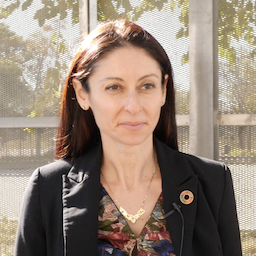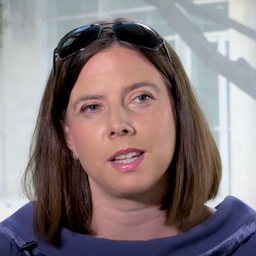Our cities in 2017: the technologies that matter
By | 2017
What will be the objects of struggles? Which evolutions can be expected in technology this year? Here are a few leads.
- Connectivity – In 2017, connectivity has made a lot of progress in the world, with multiple offers of drones, satellites, or balloons, to ensure internet access to the world’s most remote areas. This can be translated into better bandwidth (in the Lot-et-Garonne, for example) and/or by the multiplication of WiFi access points installed in municipalities (like Bombay). Google has however announced, on January 11th, having given up on developing solar drones, internet connection relays supposed to provide broadband coverage to geographically isolated zones.
- Internet of Things – An acceleration of the penetration of the Internet of Things (IoT) is inevitable. It is foremost the multiplication of sensors, capable of collecting and transmitting data on pollution, automobile circulation, or the water level. Some offer specific services like ShotSpotter, capable of detecting a gunshot. It is popular in US municipalities where anyone can carry a gun. Another example is BigBelly, which allows to compact garbage thanks to solar energy, and thus reduce the number of bins in the streets.
- Artificial intelligence – Progress in the field of Artificial Intelligence and deep learning have an impact on the game of Go or automatic translation, but also allow for a better use of sensor data. Copenhagen, for example, has traffic lights that give priority to cyclists and buses. Coupled with cameras capable of recognizing individuals, these technologies insure greater security, while in parallel making it a privileged target for virtual attacks.
- Platforms – This progress pushes in the direction of a growing effort towards the management of data at the level of a whole city, as is done for example in Singapore, or as CityOS proposes to do. Certain companies propose this holistic type approach like the Quebec PGSolutions. Montreal has in fact been designated as the “Most Intelligent City” by the Intelligent Community Forum (ICF), because it has showed “an impressive usage of information and communication technologies for goals of economic prosperity, resolution of social problems and the improvement of quality of life”. French cities are increasingly willing to employ “platforms”, which is the case of Lyon, Bordeaux and Nice. These efforts are often seen with a critical eye: they require “a data policy collectively debated, to open the way for a shared intelligence with which we can work in other directions than those, dominant, of the ‘technologies of control’”.
- Smart Homes – The Consumer Electronics Show (CES) of Las Vegas, the most important fair dedicated to technological innovation, has shown an inflation in the field of intelligent and connected houses, in which Google and Amazon are working tirelessly: these two giants seek greater access to data of our potential consumption. In the mean time, new forms of habitat multiply, as Lisa Burek has shows in Le Monde.
- Smart Mobility – Smart Mobility is moving forward (hydrogen, electric cars, open data on the state of traffic and public transport, for example), hand in hand with a decrease in the need to move. But, if computer-assisted driving is making daily progress, a truly autonomous car should not come into current use in our cities in the next few years. For technical reasons but mostly for legal and cultural blockages.
This article was translated from French to English by Rebecca Smith.
About the authors
Author, columnist, speaker, consultant, Dr. Francis Pisani analyzes information technology’s social, urban, and geopolitical impacts.
He is currently working on smart cities the world over.
His articles appear on LeMonde.fr/Citynnovation.
He recently published 2 books: "Travels in the smart cities, between datapolis and participolis"







































































































